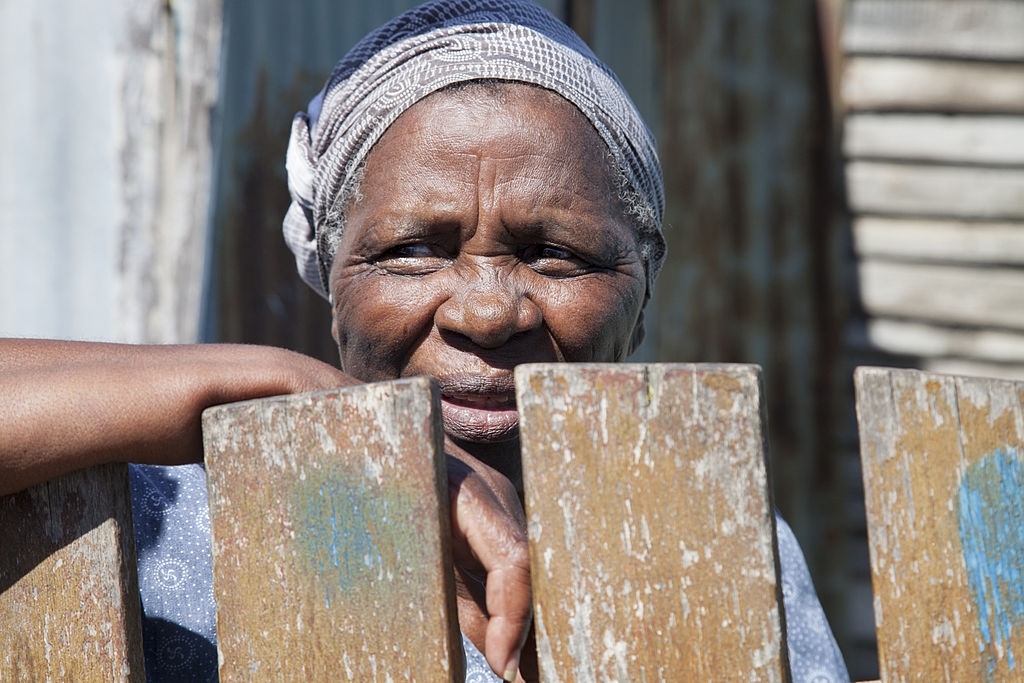Nakiso Borehole Drilling Gives Facts About Women and Water!
Women and female children spend more than 10 million person-years carrying water from distant sources every year.
Medical research has documented cases of permanent damage to women's health attributed to carrying water. Problems range from chronic fatigue, spinal and pelvic deformities, to effects on reproductive health such as spontaneous abortions. In some parts of Africa, where women expend as much as 85% of their daily energy intake fetching water, the incidence of anaemia and other health problems are very high (SIDA, 1997).
In some regions, women spend up to 5 hours a day collecting fuelwood and water and up to 4 hours preparing food.
In Africa, 90% of the work of gathering water and wood, for the household and for food preparation, is done by women.

In the Brazilian northeast, during times of drought, most men migrate for wage employment and women become the heads of the household. These women are known as widows of the drought.
Women are most often the collectors, users and managers of water in the household as well as farmers of irrigated and rainfed crops. Because of these roles, women have considerable knowledge about water resources, including quality and reliability, restrictions and acceptable storage methods, and are key to the success of water resources development and irrigation policies and programmes.
Women are the main producers of the world's staple crops (rice, wheat, maize), which provide up to 90% or the rural poor's food intake
On average women and children travel 10-15 kilometres per day collecting water and carrying up to 20 kilos or 15 litres per trip
Some 30% of women in Egypt walk over 1 hour a day to meet water needs. In some parts of Africa, women and children spend 8 hours a day collecting water
In some mountainous regions of East Africa, women spend up to 27% of their caloric intake in collecting water
It has been calculated that in South Africa alone, women collectively walk the equivalent distance of 16 times to the moon and back per day gathering water for families
The economic value of this unpaid contribution is enormous: It is estimated that women fetching water spend 150 million workdays per year, equivalent to a national loss of income of 10 billion dollars
70% of the world's blind are women who have been infected, directly or through their children, with trachoma, a blinding bacterial eye infection occurring in communities with limited access to water.
Disclaimer & Contact Information
ProWater Solutions makes no representations or warranties express or implied in relation to this website or the information and materials provided on this website. ProWater Solutions shall not be responsible for, and disclaims all liability for loss, injury, expense or damage (whether direct or consequential) of any nature whatsoever which may be suffered as a result of or which may be attributable, directly or indirectly, to the use of or reliance upon any information, links or services provided through this website. ProWater Solutions reserves the right to in its absolute discretion to modify, upgrade, update, suspend or withdraw this website or any part thereof at any time.
Request ProWater Solutions Services
ProWater Solutions links you to the best borehole drilling service providers in Zimbabwe. Contact us for FREE advice on your project:










